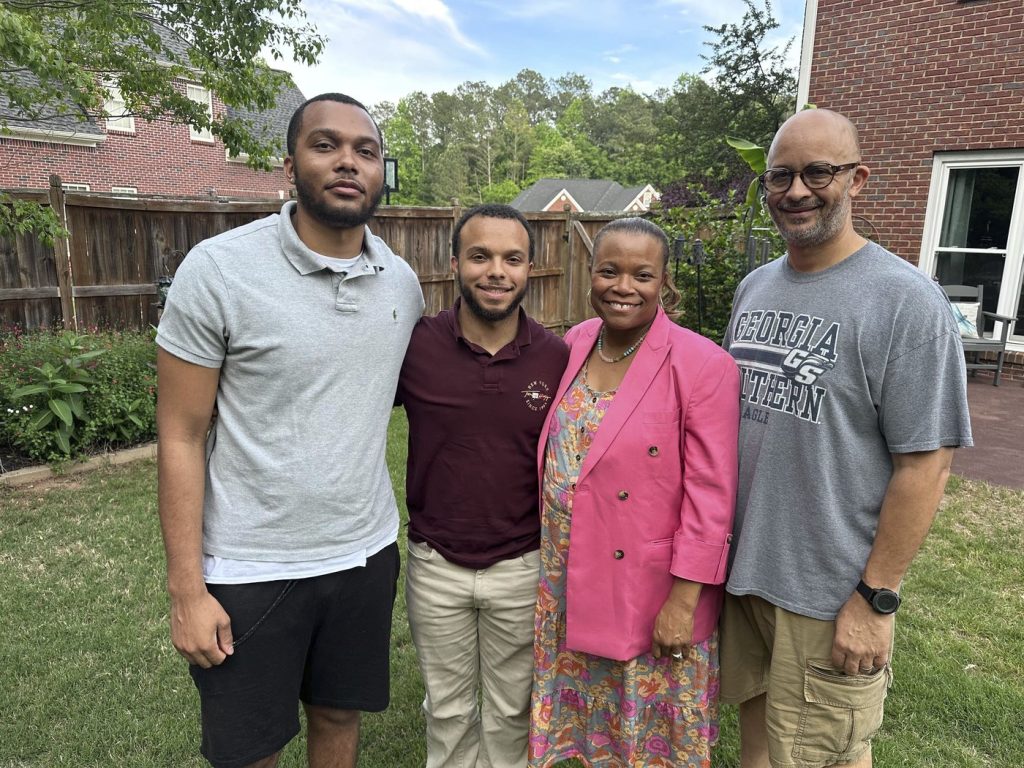Growing up in Atlanta during the 1940s and 1950s, Susan Levine was often the center of attention during family gatherings in New York City, where her Southern accent drew novelty and amusement from relatives and their friends. Despite hailing from the same Southern city, Levine's two sons, born more than 25 years later, did not inherit the distinctive Southern accent characterized by elongated vowels and soft "r" sounds. Ira Levine, her oldest son, remarked that he had no accent at all, noting that his peers often expressed disbelief about his Atlanta roots.
The Southern accent, known for its various regional variations, faces a gradual decline in certain areas as an influx of newcomers from other regions of the U.S. and around the globe continues. Research released in December highlighted this trend, particularly among Black residents in Atlanta, white working-class individuals in New Orleans, and people born in Raleigh, North Carolina. Since the beginning of the 2020s, over 5.8 million individuals have relocated to the U.S. South, a figure surpassing the combined totals of other U.S. regions by four times, yet linguists believe that mass media is not significantly influencing this linguistic evolution.
The classic Southern accent was most prominent among the baby boomer generation born between 1946 and 1964, but a significant decline was observed among Generation Xers (born between 1965 and 1980) and later generations. This shift is largely attributed to the wave of migration in the latter half of the 20th century, which replaced traditional accents, especially among younger speakers, with a pan-regional dialect that originated in California in the late 1980s. This newer dialect has also been detected in Canada and has spread to several U.S. cities, including Boston, New York, and Michigan, contributing to the waning of their regional accents.
The opening of the Research Triangle Park in 1959 in Raleigh prompted a decline in the Southern accent, as it attracted highly educated individuals from outside the South. Studies indicate that white residents born after 1979 in this region typically do not possess a Southern accent. Additionally, there exists a common misconception that a Southern accent indicates a lack of education, which may lead many younger individuals to modify their speech to avoid being associated with that stereotype.
For African Americans in Atlanta, the decline of the Southern dialect can be traced back to the “Reverse Great Migration,” where descendants of those who moved North during the Great Migration between 1910 and 1970 have returned in large numbers. Researchers found a marked reduction in Southern accents among African American youths from Generation Z (1997-2012), aligning with previous studies on white accents in Atlanta.
Richard and Michelle Beck, Generation X residents of the Atlanta area, have maintained Southern accents, but their two sons, born in 1998 and 2001, have notably different speech patterns. Richard Beck commented on his sons’ clearer pronunciations, contrasting them with his own Southern drawl.
In New Orleans, the unique “yat” accent, prevalent among the white working class, has diminished significantly, particularly following Hurricane Katrina in 2005. This catastrophic event displaced a considerable number of residents and introduced a surge of newcomers, resulting in notable changes to the local accent, especially among millennials who were adolescents during the disaster.
Cheryl Wilson Lanier, who grew up in Chalmette, Louisiana, expressed concern over the potential loss of a significant cultural identity should the accent disappear entirely. Linguists suggest that while the Southern accent is declining in many urban settings, it is unlikely to vanish completely. Accents serve as a powerful means of conveying personal identity, and younger generations may simply view Southern identity differently than their predecessors. Linguist Margaret Renwick points out that the perception of Southern life has evolved and is no longer synonymous with the past experiences of earlier generations.











